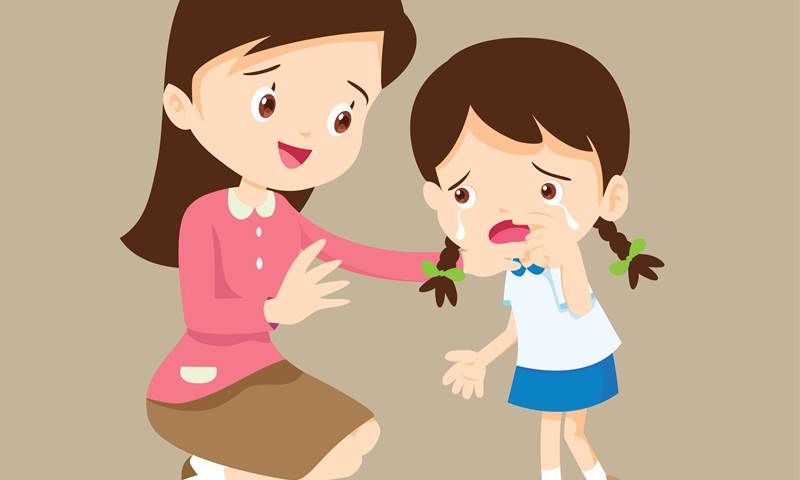Our website uses Cookies - by using this site or closing this message you're agreeing to our Terms & Conditions, Cookie Policy and Privacy Policy
xUN Committee issues its first decision under the Third Optional Protocol
Date: 21st February 2018
Category:
Optional protocol on a communications procedure, UNCRC Optional Protocols and General Comments

The UN Committee on the Rights of the Child has issued its first decision in relation to a complaint made under the Third Optional Protocol.
When an individual's rights under the CRC are violated, they can only make a complaint to the CRC Committee if their country has signed up to the Third Optional Protocol to the Convention. The UK Government has not ratified this Protocol. However, both the UK and Scottish Government's have noted that they will keep in mind whether to ratify it. A recent decision involving Denmark shows the potential of the Protocol to be an effective means of protecting children's rights and signals the beginning of the Committee building up jurisprudence in this matter.
- Read the full decision from 25th January 2018 here.
Facts of the case
The case arose in Denmark, which signed up to the Third Optional Protocol in 2015. A Somalian woman travelled to Denmark where she applied for asylum. Her claim was rejected by the authorities and she made an appeal. By the time her appeal was considered, she had given birth to a baby girl. The mother argued that if they were deported to Somalia, her daughter would be at risk of female genital mutilation (FGM). Nevertheless, the appeal was rejected and the mother and daughter were served with a deportation order.
The mother filed a complaint to the UN Committee on the Rights of the Child ('the Committee') on behalf of her daughter. She argued that the deportation would violate the following rights held by her daughter under the CRC:
- The right not to be discriminated against (Article 2)
- The right to have her best interests taken as a primary consideration in all decisions concerning her (Article 3)
- The right to be protected from violence (Article 19)
The mother argued that she would be unable to protect her daughter from FGM in a country where 98% of women have been subjected to the practice.
By contrast, the Danish authorities argued that the deportation would not violate the daughter's rights. The authorities argued that FGM was prohibited by the local law and that the practice could be prevented where it was against the mother's wishes. Given that the mother had left Somalia and travelled to Europe alone, the Danish authorities argued that she had shown herself to be "an independent woman with considerable personal strength who must be assumed to be able to resist any social pressure and thus be able to protect her daughter from [FGM]".
Decision of the Committee (25th January 2018)
The Committee found that the claim based on Article 2 (non-discrimination) was inadmissible. However, it found that there had been a violation of Article 3 (best interests) and Article 19 (protection from violence). Accordingly, the Committee requested that Denmark refrain from deporting the mother and child and prevent such violations from occurring in the future.
In reaching this conclusion, the Committee referred to its General Comment No. 6 which provides that states must not return a child to a country where there are substantial grounds for believing that there is "a real risk of irreparable harm" to the child. The Committee was clear that when assessing whether there is a "real risk" of harm, the state must take an age and gender-sensitive approach in its assessment. The Committee noted that states should take a precautionary approach, so if there are reasonable doubts that the receiving state cannot protect the child against harmful practices, then the child should not be returned. On this point the Committee noted that whilst FGM is prohibited by law in Somalia, it is nevertheless still prevalent as the law is not enforced in practice.
The Committee noted that Article 3 requires that "the best interests of the child should be a primary consideration in decisions concerning the return of a child, and that such decisions should ensure - within a procedure with proper safeguards - that the child, upon return, will be safe and provided with proper care and enjoyment of rights". The Committee concluded that the Danish authorities had reached their decision without having taken the best interests of the child into account, in particular given the "persistently high prevalence" of FGM in the region and the fact that the child would be returning with her single mother who had no male support network.
The Committee further rejected Denmark's argument that the mother was of strong character and would be able to protect her daughter from the practice. The Committee were clear that the rights of the child under Article 19 (protection from violence) could not be made conditional upon the ability of their parent or guardian to resist social pressure. Accordingly, states cannot avoid their responsibility to protect children by arguing that their parents should have been able to protect them.
Denmark now has 180 days within which to inform the Committee of the measures it has taken to give effect to this decision.
The decision is very important as it shows the potential of the individual complaints mechanism under the Third Optional Protocol to be an effective means of protecting children's rights. Together will continue to monitor the decisions of the Committee as it builds up broader jurisprudence on the Convention.
